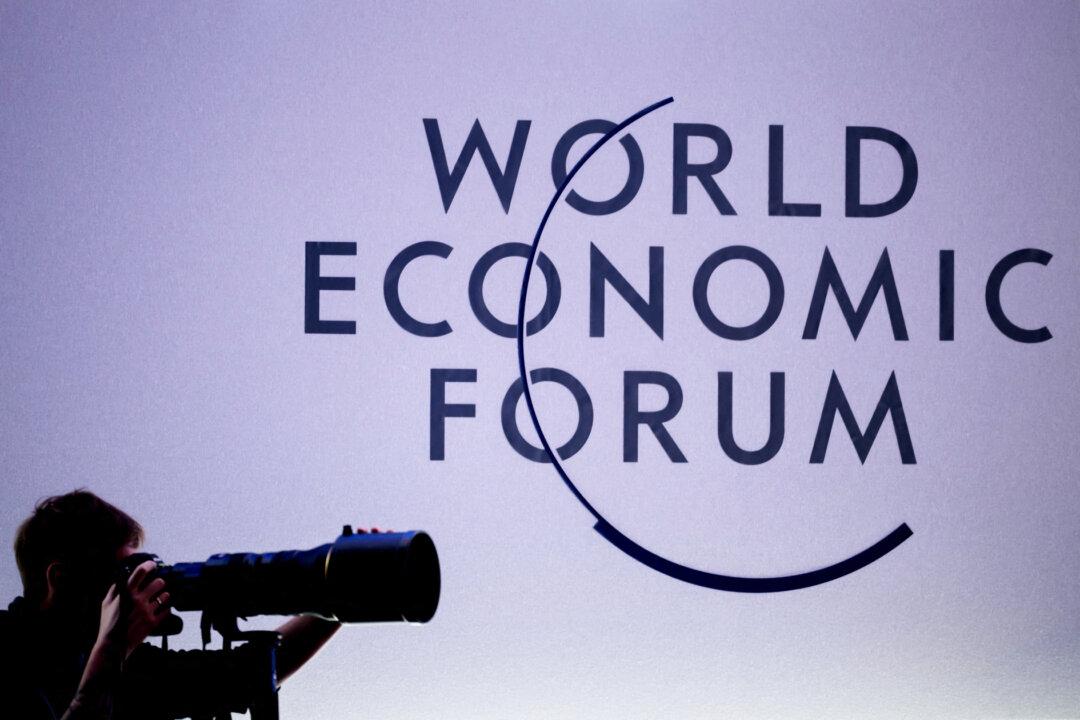Commentary
“We want you to spend less!” That’s what Woolworths claims in their most recent TV ad campaign. Yes, they really said that.

“We want you to spend less!” That’s what Woolworths claims in their most recent TV ad campaign. Yes, they really said that.